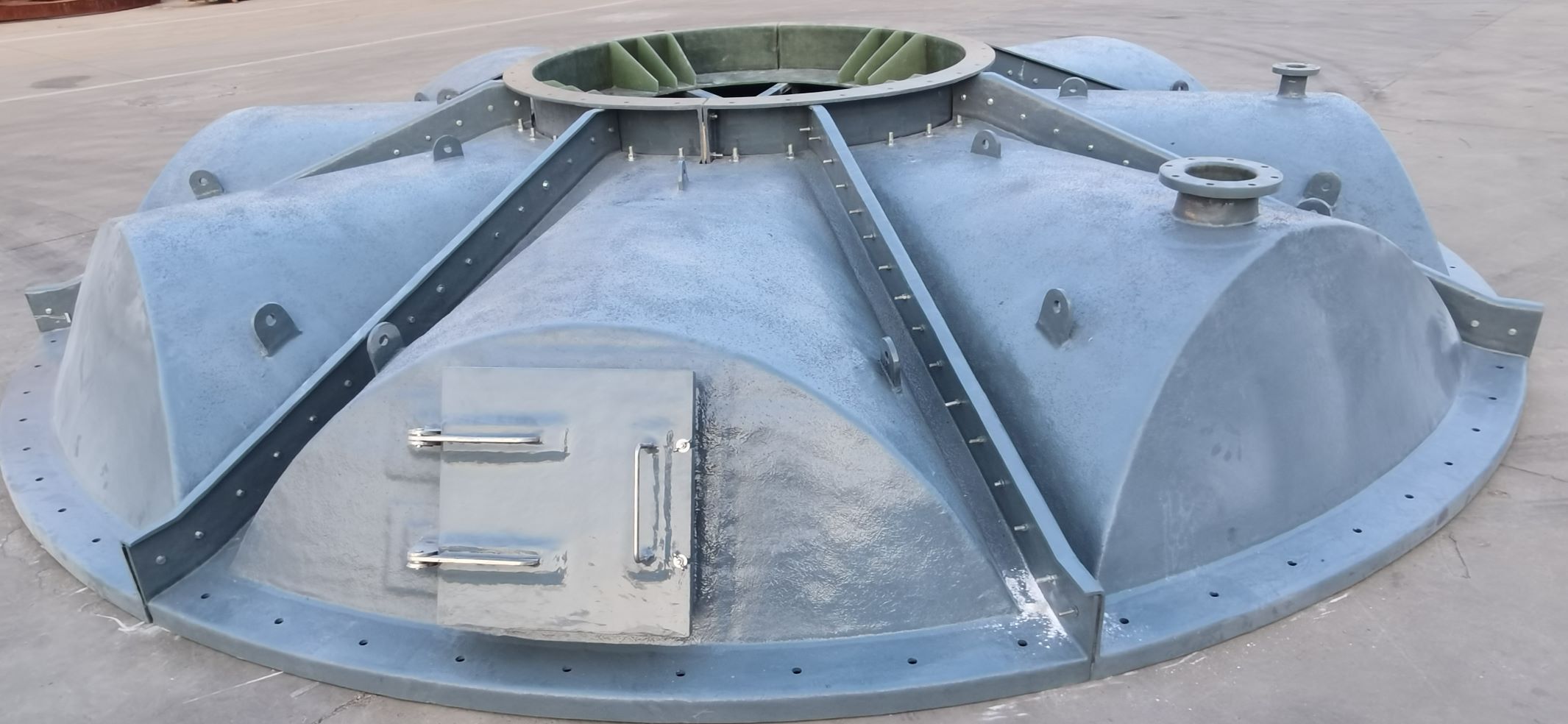
-
 Afrikaans
Afrikaans -
 Albanian
Albanian -
 Amharic
Amharic -
 Arabic
Arabic -
 Armenian
Armenian -
 Azerbaijani
Azerbaijani -
 Basque
Basque -
 Belarusian
Belarusian -
 Bengali
Bengali -
 Bosnian
Bosnian -
 Bulgarian
Bulgarian -
 Catalan
Catalan -
 Cebuano
Cebuano -
 China
China -
 China (Taiwan)
China (Taiwan) -
 Corsican
Corsican -
 Croatian
Croatian -
 Czech
Czech -
 Danish
Danish -
 Dutch
Dutch -
 English
English -
 Esperanto
Esperanto -
 Estonian
Estonian -
 Finnish
Finnish -
 French
French -
 Frisian
Frisian -
 Galician
Galician -
 Georgian
Georgian -
 German
German -
 Greek
Greek -
 Gujarati
Gujarati -
 Haitian Creole
Haitian Creole -
 hausa
hausa -
 hawaiian
hawaiian -
 Hebrew
Hebrew -
 Hindi
Hindi -
 Miao
Miao -
 Hungarian
Hungarian -
 Icelandic
Icelandic -
 igbo
igbo -
 Indonesian
Indonesian -
 irish
irish -
 Italian
Italian -
 Japanese
Japanese -
 Javanese
Javanese -
 Kannada
Kannada -
 kazakh
kazakh -
 Khmer
Khmer -
 Rwandese
Rwandese -
 Korean
Korean -
 Kurdish
Kurdish -
 Kyrgyz
Kyrgyz -
 Lao
Lao -
 Latin
Latin -
 Latvian
Latvian -
 Lithuanian
Lithuanian -
 Luxembourgish
Luxembourgish -
 Macedonian
Macedonian -
 Malgashi
Malgashi -
 Malay
Malay -
 Malayalam
Malayalam -
 Maltese
Maltese -
 Maori
Maori -
 Marathi
Marathi -
 Mongolian
Mongolian -
 Myanmar
Myanmar -
 Nepali
Nepali -
 Norwegian
Norwegian -
 Norwegian
Norwegian -
 Occitan
Occitan -
 Pashto
Pashto -
 Persian
Persian -
 Polish
Polish -
 Portuguese
Portuguese -
 Punjabi
Punjabi -
 Romanian
Romanian -
 Russian
Russian -
 Samoan
Samoan -
 Scottish Gaelic
Scottish Gaelic -
 Serbian
Serbian -
 Sesotho
Sesotho -
 Shona
Shona -
 Sindhi
Sindhi -
 Sinhala
Sinhala -
 Slovak
Slovak -
 Slovenian
Slovenian -
 Somali
Somali -
 Spanish
Spanish -
 Sundanese
Sundanese -
 Swahili
Swahili -
 Swedish
Swedish -
 Tagalog
Tagalog -
 Tajik
Tajik -
 Tamil
Tamil -
 Tatar
Tatar -
 Telugu
Telugu -
 Thai
Thai -
 Turkish
Turkish -
 Turkmen
Turkmen -
 Ukrainian
Ukrainian -
 Urdu
Urdu -
 Uighur
Uighur -
 Uzbek
Uzbek -
 Vietnamese
Vietnamese -
 Welsh
Welsh -
 Bantu
Bantu -
 Yiddish
Yiddish -
 Yoruba
Yoruba -
 Zulu
Zulu
Protective FRP Trough Covers for Industrial Applications and Their Benefits
FRP Trough Cover Protective Solutions for Industrial Applications
In the modern industrial landscape, the efficient management of resources and equipment is paramount for ensuring safety, productivity, and compliance with regulatory standards. One of the significant areas of focus in this context is the protection of facilities, particularly through the utilization of Fiber-Reinforced Plastic (FRP) trough covers. These covers offer an array of benefits that make them an ideal choice for various industrial applications, from chemical processing to waste management.
Understanding FRP Trough Covers
FRP, or Fiber-Reinforced Plastic, is a composite material made from a polymer matrix reinforced with fibers. This unique combination offers exceptional durability, corrosion resistance, and lightweight properties. FRP trough covers are designed to protect various industrial components, including open troughs, channels, and pits, from external contaminants, physical damage, and hazardous spills.
Benefits of FRP Trough Covers
1. Corrosion Resistance One of the most significant advantages of FRP trough covers is their resistance to corrosion. Unlike traditional materials like steel or aluminum, which can degrade over time due to exposure to harsh chemicals, FRP remains impervious, thereby extending the lifespan of the troughs and reducing maintenance costs. This quality is especially crucial in industries such as chemical manufacturing and wastewater treatment, where corrosive substances are prevalent.
2. Lightweight and Easy to Install The lightweight nature of FRP makes it easy to handle and install, reducing labor costs and time associated with installation. This characteristic is particularly beneficial in environments where weight restrictions are a concern, ensuring that the structural integrity of supporting frameworks remains intact.
frp trough cover protective solutions for industrial applications

3. Safety and Environmental Protection FRP trough covers play a vital role in preventing spills and leaks, which can pose significant health and environmental risks. By covering open troughs, these solutions can minimize accidents, protect workers from potential hazards, and ensure compliance with environmental regulations.
4. Customizable Designs FRP trough covers can be tailored to meet specific industrial needs, including varying sizes, shapes, and thicknesses. This customization ensures that each facility can benefit from a solution that fits perfectly within its existing infrastructure.
5. Thermal and Electrical Insulation FRP offers excellent thermal and electrical insulation properties, making it suitable for applications involving temperature variations or electrical hazards. This helps safeguard both the employees working in these environments and the equipment being utilized.
Applications in Different Industries
FRP trough covers are versatile and can be applied across various industries. In the petrochemical sector, these covers protect containment areas from spills and leaks, enhancing safety protocols. In the food processing industry, the use of FRP helps maintain hygiene standards by preventing contamination from external pollutants. Additionally, in wastewater treatment facilities, FRP trough covers help control odors and minimize evaporation losses, proving essential in maintaining eco-friendly operations.
Conclusion
In conclusion, the implementation of FRP trough cover protective solutions represents a smart investment for any industrial application where safety, durability, and efficiency are critical. As industries continue to evolve and prioritize sustainable practices, the demand for innovative materials like FRP will only grow. By choosing FRP trough covers, businesses not only enhance their operational safety but also extend the life of their assets, reduce maintenance needs, and foster a safer working environment for their personnel. The benefits of these protective solutions position them as an indispensable component of modern industrial operations, paving the way for a more resilient and compliant future.
Latest news
-
Exploring the Benefits of Top Hammer Drifter Rods for Enhanced Drilling PerformanceNewsJun.10,2025
-
High-Precision Fiberglass Winding Machine for GRP/FRP Pipe Production – Reliable & Efficient SolutionsNewsJun.10,2025
-
FRP Pipes & Fittings for Shipbuilding - Corrosion-Resistant & LightweightNewsJun.09,2025
-
Premium FRP Flooring Solutions Durable & Slip-ResistantNewsJun.09,2025
-
Premium Fiberglass Rectangular Tanks Durable & Lightweight SolutionNewsJun.09,2025
-
Tapered Drill String Design Guide Durable Performance & UsesNewsJun.09,2025









